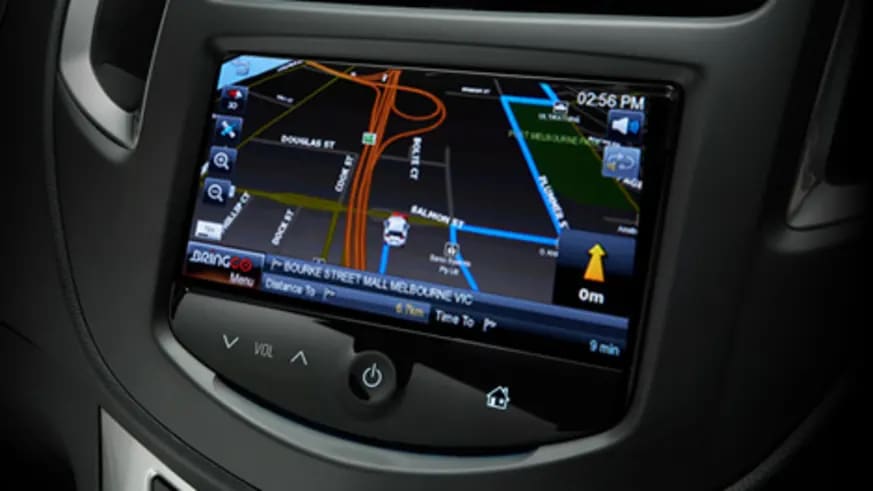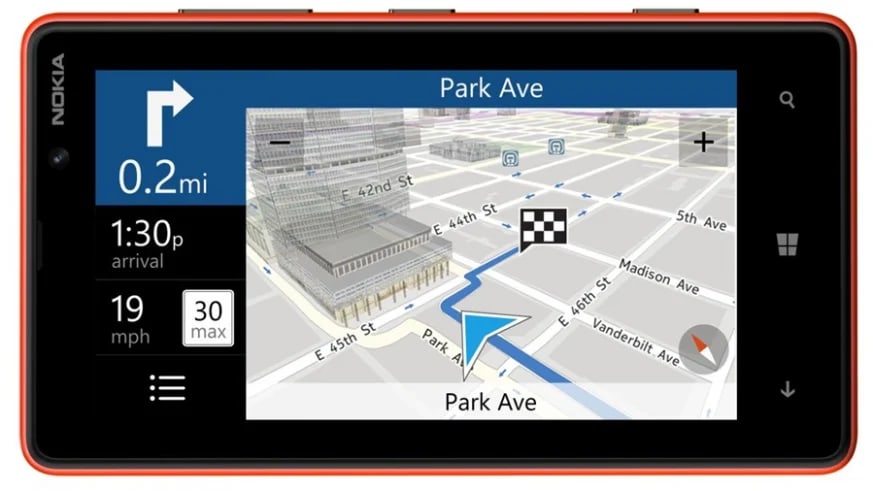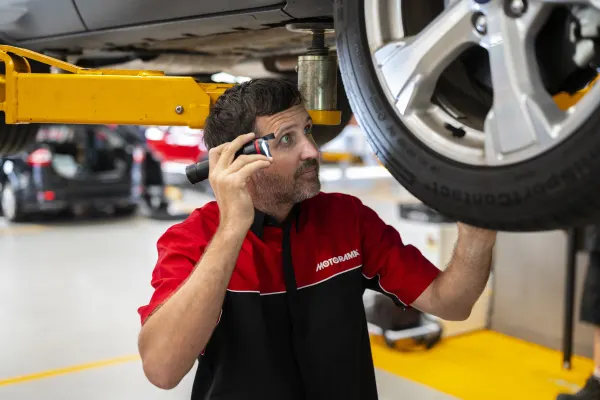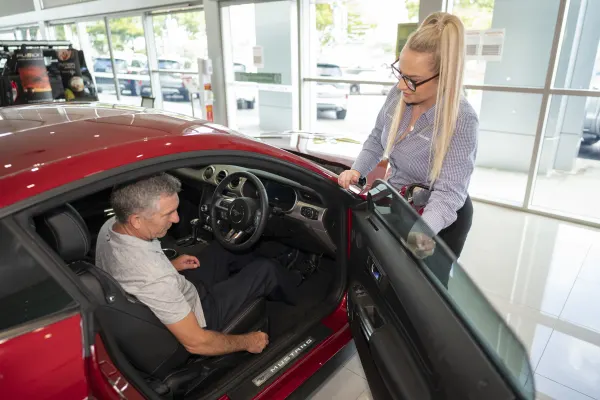
GPS 101: How to Never Get Lost Again
Posted in Motoring Tips
GPS 101: How to Never Get Lost Again
Imagine you're driving down the Bruce Highway in the flash ride you bought from your local used car dealers in Brisbane. You take a left at the wrong exit and all of a sudden you're lost in some back corner of Queensland that you've never been in before. What do you do?
You could reach into the glove compartment and pull out your old, torn-up map book that you've been carrying around for years. But what's this? The street you're on doesn't even exist? Maybe you shouldn't have been relying on information printed 20 years ago!

Darn it! If only you had bought a high tech GPS navigation system! Then you'd be able to let the computer do the work, guiding you to your destination with live updates and succinct directions.
If you've been considering purchasing a GPS, there are a few things you need to know in order to use your system effectively. With that in mind, here is our beginner's guide to GPS navigation technology.
How does GPS work?
The Global Positioning System - or GPS for short - was originally developed by the US Department of Defence in the 1970s, but is now available for consumers all over the world to use and enjoy.
The system works using a number of satellites strategically positioned around the world, which are capable of receiving signals from GPS transmitters. Using information contained within that signal - such as how long it took to get into space - the satellite can determine the exact location of where the signal originated from.
In order to work properly, your GPS navigation unit needs to be able to transmit to three different satellites, which calculate the three dimensions of your location - east, north and altitude. However, a fourth satellite is needed for complete accuracy.
Currently, there are 31 satellites in orbit that cater for our GPS needs. The most recent is GPS IIF-4, which was launched from Cape Canaveral Air Force Station on May 15 2013.
What GPS options are available?

It’s quite common to find GPS navigation integrated into the dash of cars. However, if your car does not have a GPS navigation unit built in, you can opt for a portable device that sits on your dashboard and provides hands free information about location and directions.
Built-in GPS systems are usually integrated into the rest of the entertainment system for the car. This includes Bluetooth and audio streaming, as well as assisting with locating petrol stations automatically when the car is getting low on fuel. In-car GPS navigation solutions are available from most good technology or auto stores.
Prices range from around $60 for a low-end device, up to more than $400 for a really advanced, reliable and high-tech GPS unit. Most modern smartphones can also access GPS information, however these are not the best choice for drivers, as it is illegal in Queensland to operate a phone with your hands operating a vehicle.
Furthermore, GPS can be very draining on the battery life of a smartphone. If you do want to use your smartphone to provide GPS information while driving, make sure you buy a hands free cradle that can fit in your car and display your phone without the need for you to hold it or operate it manually.
What do I need to know about using GPS?
Most GPS units today are intuitive and easy to use, however, you should still make sure you read the instructions carefully in order to ensure you understand how to utilise your device to greatest effect. Always program in your GPS information prior to beginning your journey.
Don't allow yourself to be tempted to operate the GPS unit while you are in motion, as this can lead to lost concentration and accidents. Like most in-car technology, GPS units can be magnets for thieves.
Make sure you put your GPS unit in a secure, hidden place when you are leaving your car unattended. It should not be visible to passers-by, who might be tempted to take a closer look. You might also want to take down the GPS mount as well as the actual device, as this can be a tip off to thieves that a valuable GPS unit is in the car. Of course, GPS units are not infallible.
They can malfunction or have incorrect data. You should always use common sense when following GPS instructions, and carrying an old-fashioned paper map book as a backup is always a good idea.


